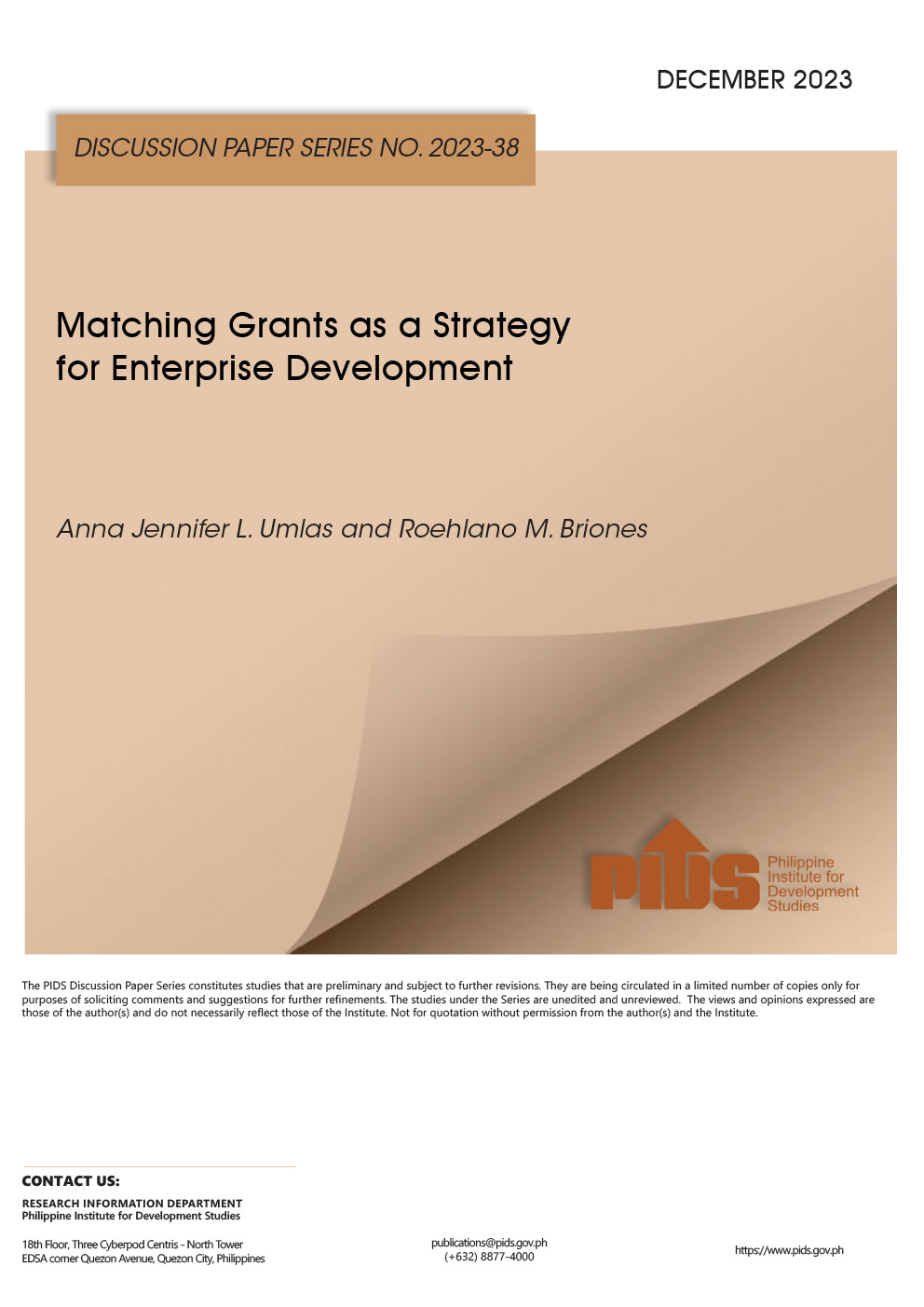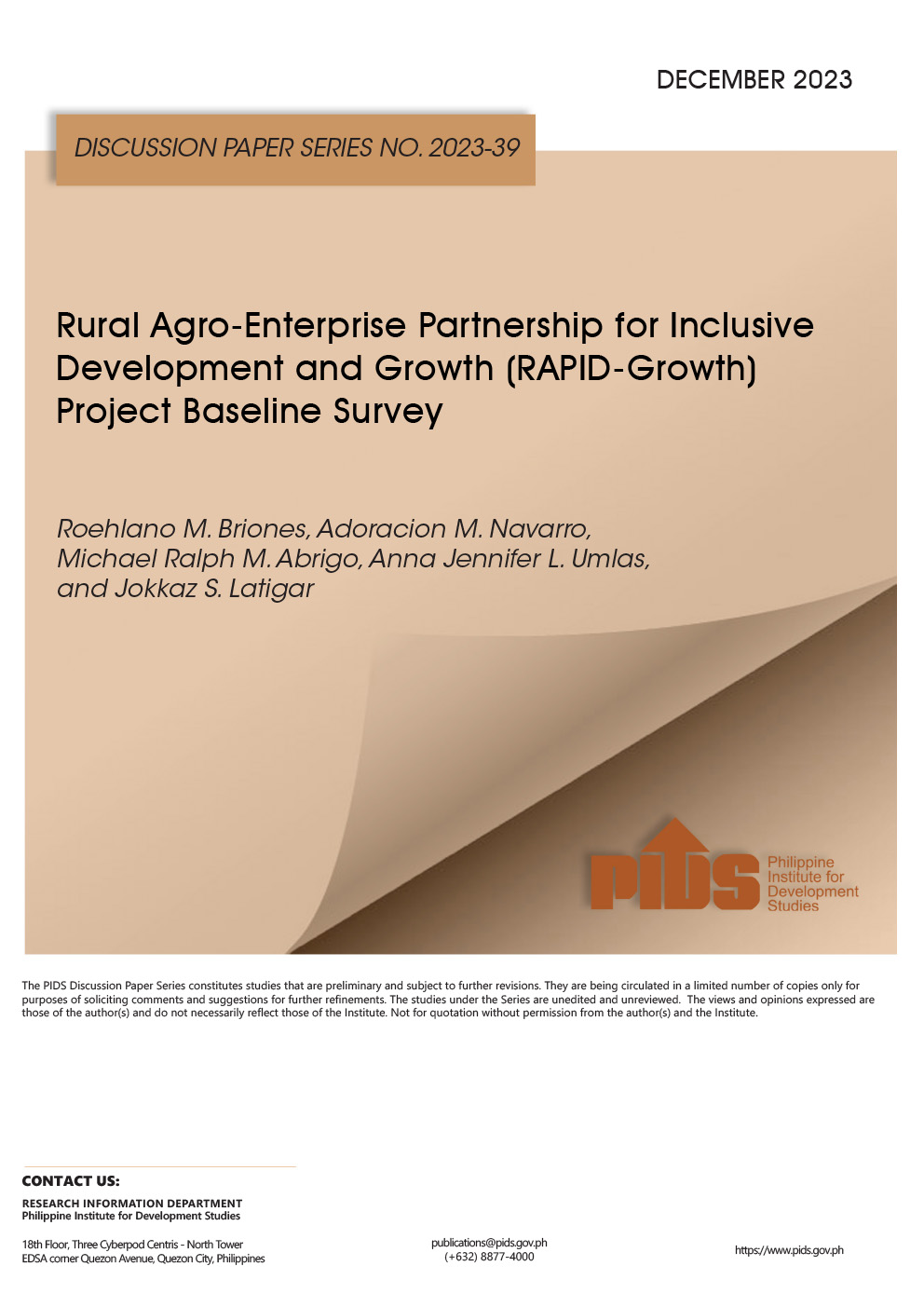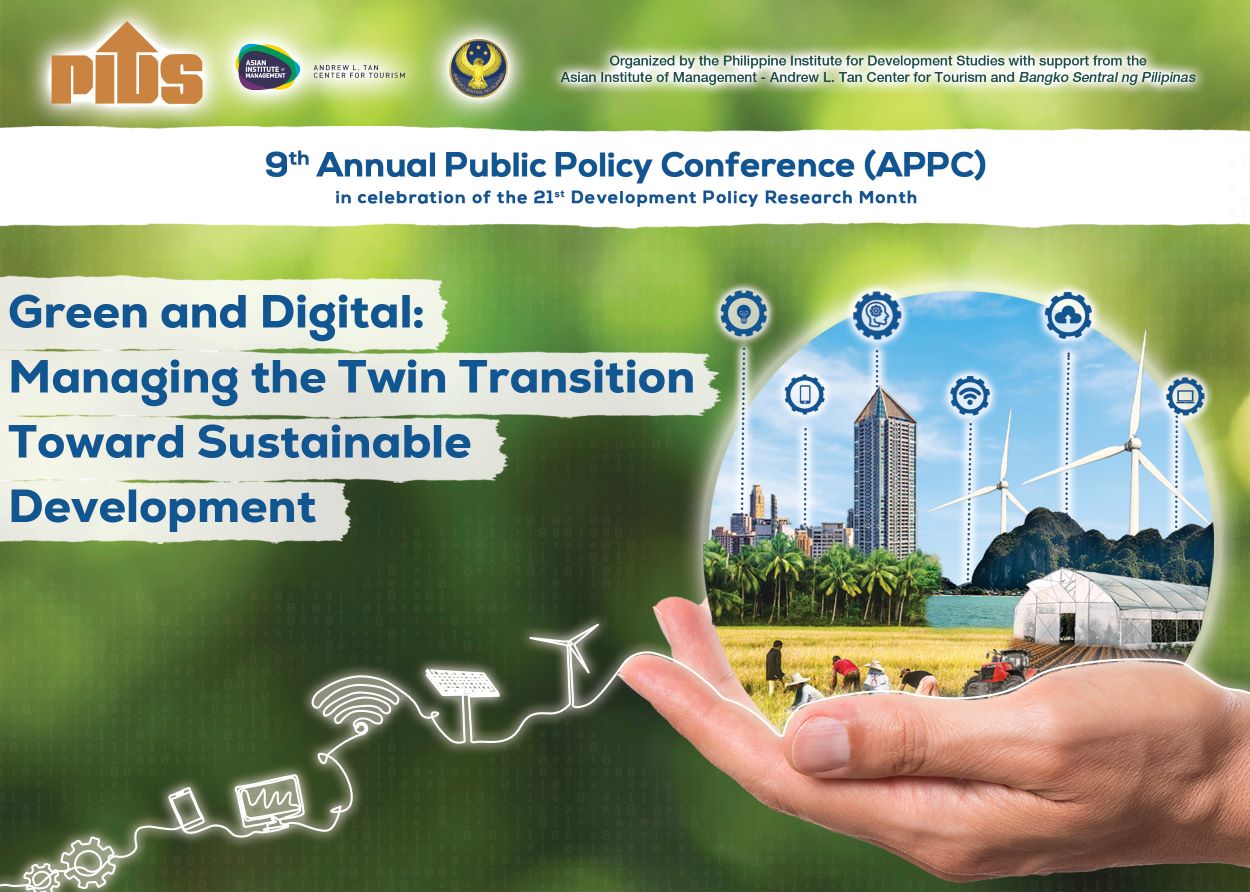THE NATIONAL Government should extend the timeline for the devolution of some functions to local government units (LGUs) amid the implementation of the Supreme Court’s (SC) Mandanas-Garcia ruling, experts said, citing the need to strengthen the latter’s capacity first.
“In recognition of the need to fully prepare and capacitate LGUs to implement the devolved functions, services, and facilities, given the prevailing circumstances, ample time would be necessary for the implementation of the transition to ensure the effective and efficient delivery of devolved functions, services and facilities by the LGUs,” Department of Budget and Management (DBM) Undersecretary Wilford Will L. Wong told BusinessWorld via e-mail.
“Functions that can be readily implemented by the LGUs and those affecting and/or applicable to all LGUs may already be implemented in fiscal years 2022 to 2024,” he added.
However, Mr. Wong noted the transfer of infrastructure and big-ticket items, which require specialized expertise and specific areas of coverage, to LGUs should be deferred until 2025 to 2027.
Budget Secretary Amenah F. Pangandaman told members of the Commission on Appointments last Wednesday that the Committee on Devolution (ComDev), which was created by an executive order (EO) issued by then-President Rodrigo R. Duterte last year, will meet today (Oct. 3), to discuss the matter.
“We are in the process of working on the amendments of EO No. 138,” she said last week. “The basic concept of the amendment is to extend the devolution to at least 2025 [so that] we can still capacitate those LGUs that are not able to come up with projects that they think will help their municipality or their town.”
The ComDev is composed of the DBM, the Department of the Interior and Local Government (DILG), the National Economic and Development Authority (NEDA), the Department of Finance (DoF), the Executive Secretary, the League of Provinces, Cities, and Municipalities of the Philippines, the Liga ng mga Barangay sa Pilipinas, and the Union of Local Authorities of the Philippines (ULAP).
“[We] will use the transition period to have a serious second look at the Local Government Code of 1991 in the light of the recent SC ruling and our experience in the pandemic,” Finance Secretary Benjamin E. Diokno told BusinessWorld in a Viber message.
Mr. Diokno previously said that, in hindsight, it was a mistake to devolve health services as a responsibility of the LGUs.
“I think health should really be a responsibility of the National Government rather than the local government,” he told senators at a hearing last month.
CONTINUED SUPPORT
NEDA Undersecretary Carlos Bernardo O. Abad Santos, who heads the agency’s Regional Development Group, said that devolution policy should focus on equity objectives that consider the capacity of LGUs to implement their new functions.
“Thus, NEDA recommends that the National Government must continue to support poorer LGUs — 4th to 6th income class — especially in critical areas like health, education, and basic infrastructure,” he said via e-mail.
Mr. Abad Santos added that the National Government should also determine what specific functions and services are appropriate to each respective LGU level, taking account of economies of scale and technical expertise.
Likewise, DBM’s Mr. Wong said the National Government should improve coordination with LGUs, especially with less developed ones, through policies and programs that extend adequate technical and material assistance.
“Effective devolution will be achieved if the LGUs are fully capacitated, both technically and financially, to take on the devolved functions and services, while the National Government will be able to set up the standards and strengthen their monitoring and evaluation functions,” he said.
Under EO No. 138, certain functions, services, and facilities of the National Government worth an estimated P234.4 billion should be fully shifted to LGUs by 2024.
Leonardo A. Lanzona, an economics professor at the Ateneo de Manila University, said that that timetable, even if it is to be extended until 2025, may not be enough to build institutional capacity.
“It is crucial that while these are being developed, trainings, education, and skills development towards strengthening institutions should be the focus,” he said in an e-mail. “For instance, if the goal is to develop the appropriate institutions for infrastructure development, then the LGUs should first invest in having engineers and administrators in their regions.”
Mr. Lanzona also said that policy makers should consider the resources and technology available to LGUs, as well as its own specialized knowledge on its jurisdiction.
“What [LGUs] cannot handle is the development of health, education, and infrastructure [as] these require some form of expertise to implement correctly… Only the National Government at this time can provide these services,” he said.
“The projects relating to the economy, such as agricultural and industrial development, should be left to the LGUs since they know more about their resources and markets,” Mr. Lanzona added.
Meanwhile, University of Asia and the Pacific Senior Economist Cid L. Terosa said LGUs can focus on the provision of social services, peace and order, local infrastructure, natural resources sustainability, environmental protection, and local trade and industry development. However, micro-planning is still a big challenge for LGUs.
“Database building, data management, and data analytics have to be shored up and buttressed to provide decision inputs for LGUs. I believe that human capital resources of LGUs have to be upskilled and upgraded,” Mr. Terosa said via e-mail.
He noted that LGUs should subject themselves to evaluation based on World Bank governance standards, adding that those that are not up to par should be assisted.
Mr. Diokno has consistently cited the World Bank’s findings of how LGUs are not able to fully utilize their resources due to a lack of capacity.
Last year, LGUs posted a surplus of P279.4 billion.
“In fact, even before the crisis, local governments already had a surplus position. They usually have large surplus because they are not able to spend their money,” Mr. Diokno said last month, mentioning suggested solutions such as digitalization and amending the provisions on local finance in the Local Government Code of 1991.
“We will have more clarity on the issue after the meeting [on Monday],” said Mr. Abad Santos.
Mr. Abad Santos also said that the DILG is currently undertaking two ongoing studies on devolution; one commissioned to the Philippine Institute for Development Studies (PIDS) and another one with assistance from the Asian Development Bank (ADB) called the LGU Devolution Transition Plan (DTP) Analytics.
The Mandanas ruling granted LGUs a larger share of the national taxes by expanding their 40% cut to also include revenues from Customs duties, and not just those collected by the Bureau of Internal Revenue.
As a result of the ruling, LGU allocations saw a 37.89% increase to P959 billion in 2022. However, because of decreased revenue collections in 2020 due to the pandemic, the allotment for next year is estimated to decrease by 14.47% to P820 billion.












